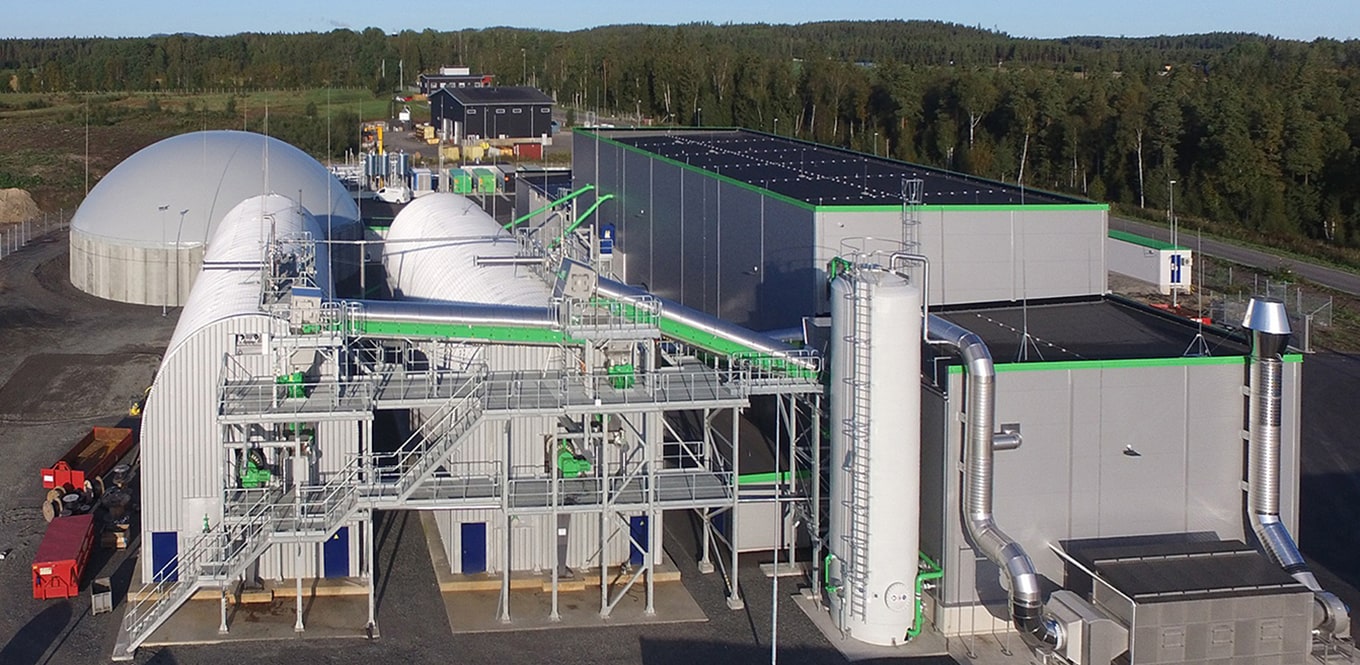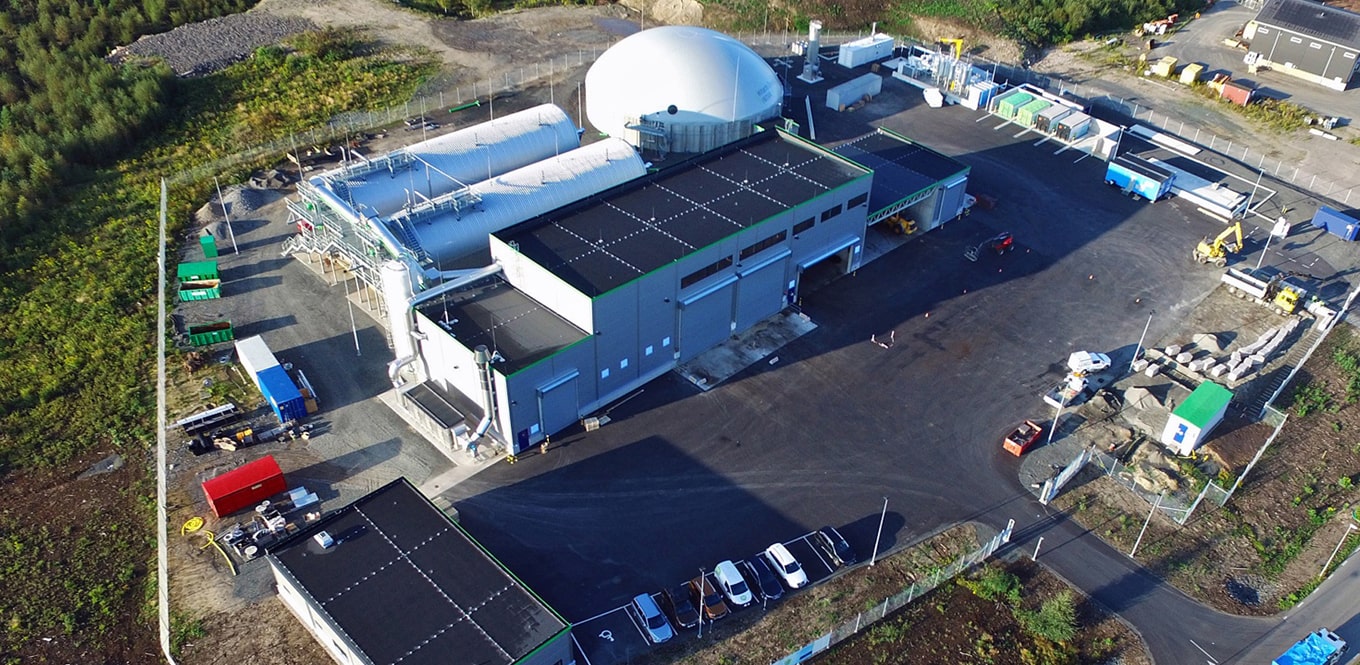Anaerobic digestion is a biological process that breaks down organic matter in the absence of oxygen, producing biogas that can be used for energy. This technology has many uses, including the treatment of organic waste such as sewage, manure, and food waste, as well as the production of renewable energy.
During anaerobic digestion, microorganisms break down organic matter into biogas, which is primarily composed of methane and carbon dioxide. The biogas can be used to generate renewable energy, electricity, heat and fuel for vehicles. Additionally, the remaining digestate can be used as a nutrient-rich fertiliser. For these reasons, this method is becoming increasingly popular in a variety of industries such as agriculture, wastewater treatment, and food processing.
Overall, anaerobic digestion technology provides a sustainable and environmentally friendly way to reduce environmental impact, manage organic waste, and produce valuable resources.


